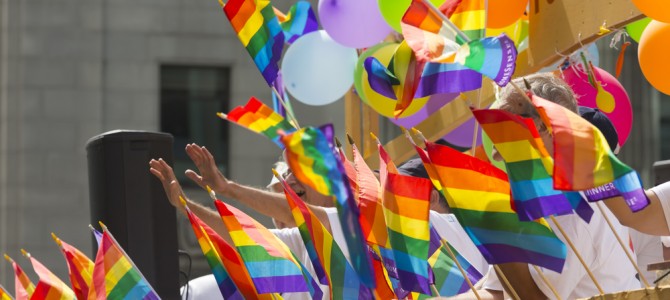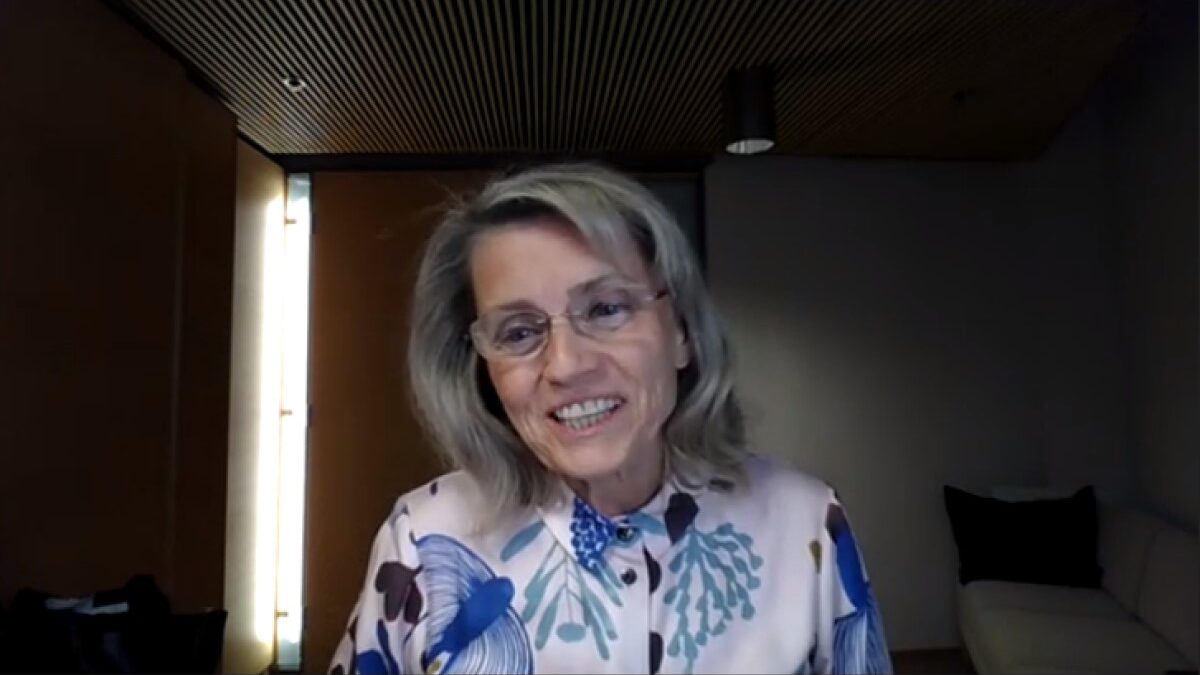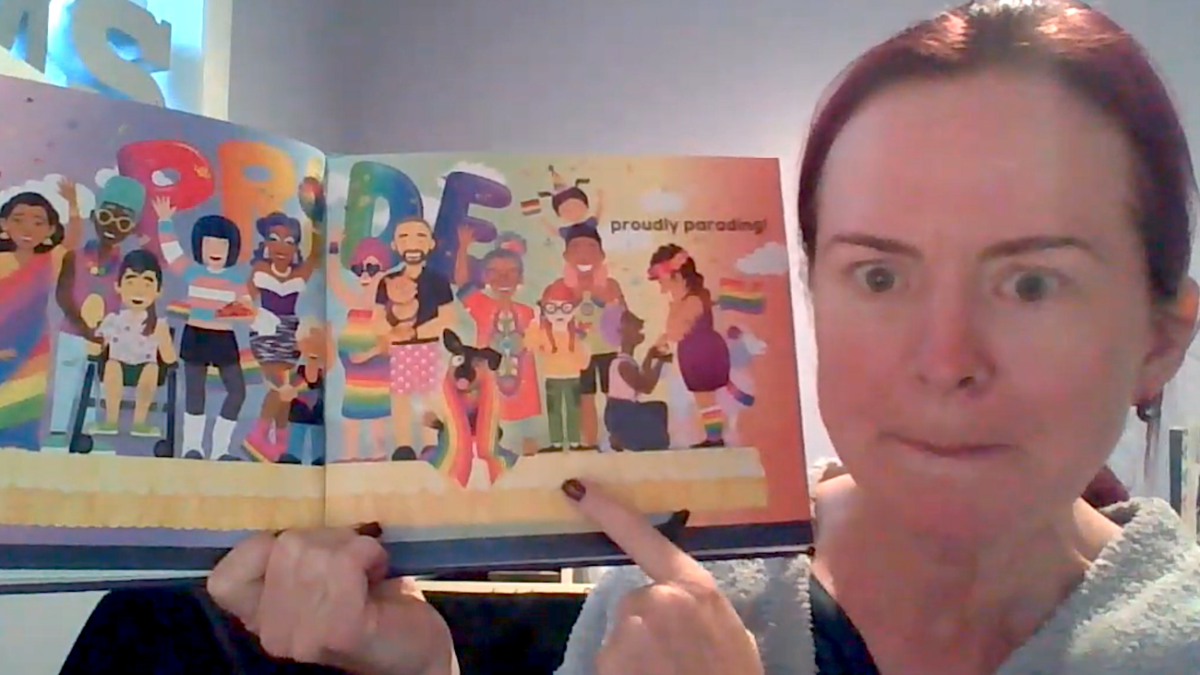
The battles over religious liberty—or “religious liberty,” as many media reports term it—have been much in the news in the last several years, from the Obama administration’s attempts to compel the Little Sisters of the Poor to pay for contraception through their health insurance to fining bakers and photographers for declining to assist in same-sex weddings. Now, a donnybrook has erupted over a recent report from the U.S. Commission on Civil Rights called (ironically) “Peace Coexistence.”
The USCCR dusted off the scare quotes and had sharp words for those opposed to some recent changes in public policy: “The phrases ‘religious liberty’ and ‘religious freedom’ will stand for nothing except hypocrisy so long as they remain code words for discrimination, intolerance, racism, sexism, homophobia, Islamophobia or any form of intolerance,” said Chairman Julian Castro. He added, “today, as in past, religion is being used as both a weapon and a shield by those seeking to deny others equality. In our nation’s past religion has been used to justify slavery and later, Jim Crow laws.”
Archbishop William Lori, archbishop of Baltimore and chair of the U.S. bishops’ Ad Hoc Committee on Religious Liberty, responded with no minced words, “shocked” at the claims being made. The thought that religious institutions are inherently bigoted is absurd, he said. “Can we imagine the civil rights movement without Rev. Martin Luther King, Fr. Theodore Hesburgh, and Rabbi Abraham Joshua Heschel?” he asked.
“We do not seek to impose our morality on anyone, but neither can we sacrifice it in our own lives and work,” he said. “The vast majority of those who speak up for religious liberty are merely asking for the freedom to serve others as our faith asks of us. We ask that the work of our institutions be carried out by people who believe in our mission and respect a Christian witness.”
Lori’s comments would have seemed a commonplace in the not-too-distant past, an almost trivial restatement of the sort of thing that everybody knew. Yet now we live in a time where students at one of our most prestigious universities gladly sign a (unbeknownst to them) joke petition to repeal the First Amendment. Thus, it seems, some major truths need restating.
Discrimination Is Banning People from Practicing Their Faith
The first freedom in the First Amendment of the Constitution regards the free exercise of religion—not freedom of “worship,” as some politicians have recently tried to re-cast it. What is the distinction? Worship concerns the activity of persons, individually or separately, directed toward God. Religion is wider than worship and includes it. Religion involves a worldview, a set of principles that one holds to be true and that govern one’s actions.
For Christians, the imperatives to tell the truth, protect the unborn, care for neighbors, and pursue peace (to name a few) are all rooted in the notion of the dignity of every human being as an image of God. (Secular human rights activists have a hard time generating a foundation for universal human equality, which is why they tend to treat the unborn, ill, and elderly so poorly.) As Lori notes, these are the beliefs that drive the churches to open hospitals, adoption agencies, and schools.
When Justice Anthony Kennedy wrote in the Casey v. Planned Parenthood decision that “At the heart of liberty is the right to define one’s own concept of existence, of meaning, of the universe, and of the mystery of human life,” this was the idea that his muddled phrase groped toward. We have the freedom to live according to our principles, provided those principles are not manifestly immoral.
Many would argue that this is precisely the point at issue—whether traditional Christian notions of sexuality and identity are immoral after all—but the point is that the Christian tradition has principled reasons supporting its viewpoint. It is not merely a blind hatred or “animus,” as Kennedy charged in his Obergefell opinion. (Such a quotable fellow, he.) Yet this increasingly is being denied. Our society, in this sense, is becoming less tolerant, despite its many protestations to the contrary.
We Can Have Pluralism Or Government-Established Religion
The First Amendment prohibits the government from establishing a religion. But when the federal government declares ideas that everyone held until five minutes ago, supported by reason and lived out with compassion, as de facto hateful and criminal (“first they came for the photographers and bakers…”), then the government is essentially creating a new public faith and forcing everyone to adhere to it.
As Lori noted, “a pluralistic society, there will be institutions with views at odds with popular opinion. The Chairman’s statement suggests that the USCCR does not see the United States as a pluralistic society. We respect those who disagree with what we teach. Can they respect us?”
If not, we may be witnessing the instantiation of Neil DeGrasse Tyson’s “Rationalia” or a resurrection of the French Revolution’s Cult of Reason. The current administration’s hostility toward Christianity is clear, and Christians must be prepared to face it. Some propose hunkering down and weathering the storm, as in Rod Dreher’s Benedict Option (which has its merits). Others like Lori intend to stand and fight.









